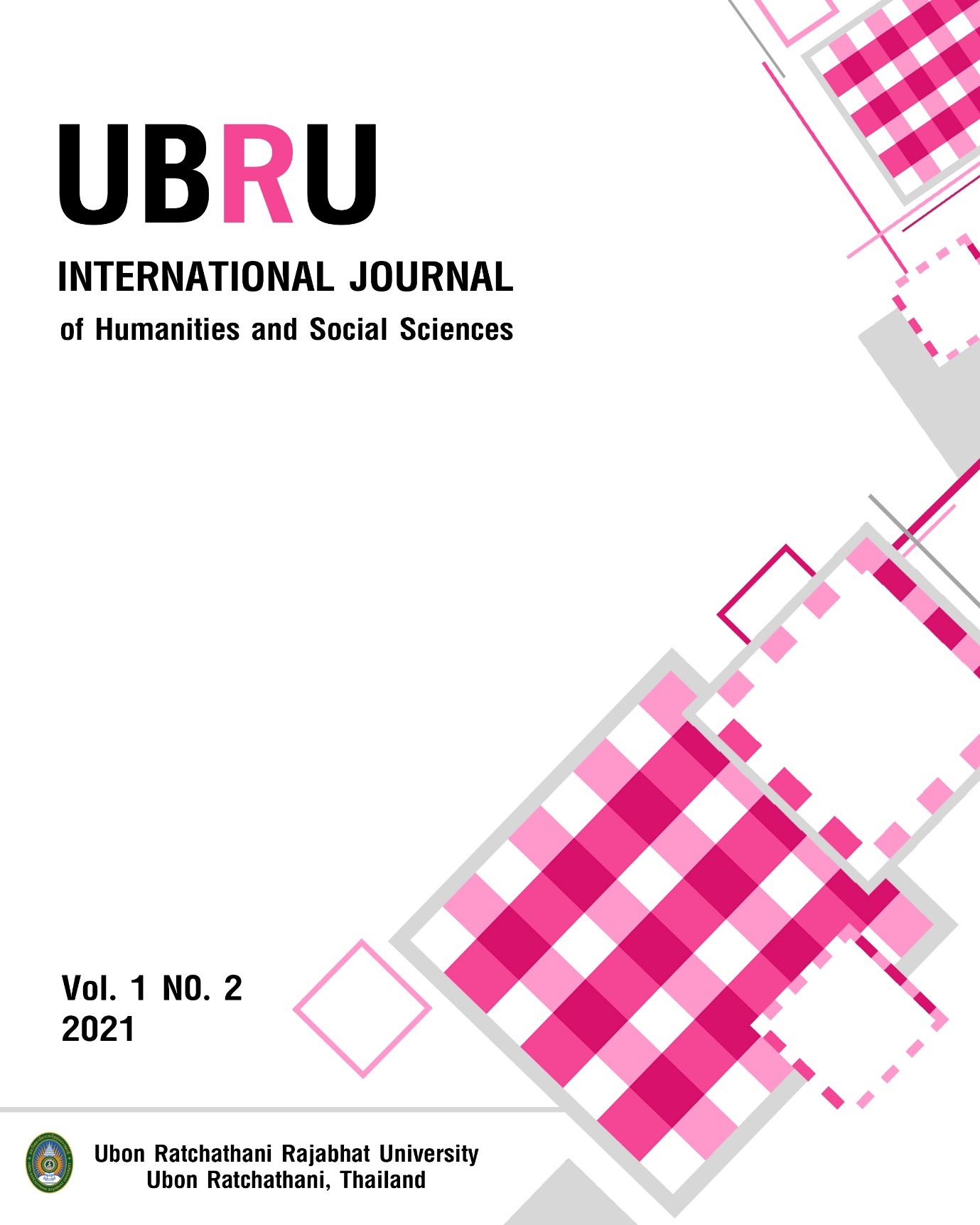Waste Management Behaviors and Waste Management Approaches with Community Participation in Ubon Ratchathani City Municipality, Ubon Ratchathani Province
Main Article Content
Abstract
This research aims to investigate the relationship between people behaviors and waste management approaches with community participations in Ubon Ratchathani municipality, Ubon Ratchathani province, and to create waste management guidelines in which the communities in the municipality could participate. The research samples were 400 people from 106 communities in Ubon Ratchathani City Municipality selected by accidental and convenience sampling. It is a qualitative research design by using a questionnaire and interviewing 12 key informants. The results found that reduction of waste management behavior, reusing and recycling behaviors were at proper management. The centralized waste management system and waste-to-energy system were influenced by reducing and reusing behaviors. The communities in Ubon Ratchathani City Municipality participated in waste management by many aspects, for instance using fabric tote bags rather than plastic bags, sustainable containers instead of polystyrene containers, and minimizing the use of any products that cause global warming. Reusing was used instead of replacing single-use plastic bags with reusable containers, and using both sides of pieces of paper. Recycling use for recycling boxes and bags, fermenting organic waste, and purchasing recyclable products and products made from recycled materials. The proper waste management refers to solid waste disposal by sanitary landfill without creating nuisances or hazards to public health, solidified and stabilized waste disposal properly. The centralized waste management utilized both modern machinery and human labor for waste management system, landfill is restricted to sanitation laws, and odor and water treatments are used to ensure a quality surrounding project environment. Waste-to-energy is converting waste to fuel, and fermentation is used for making biogas. Responsibility and community participation could suggestion waste segregation and recycling activities. Waste-to-energy innovations such as gasification and pyrolysis are energy-intensive processes that attempt to reduce the volume of waste by converting it into synthetic gas or oil and upcycling innovation could extract value from bio-waste which is suitable for Thailand context.


